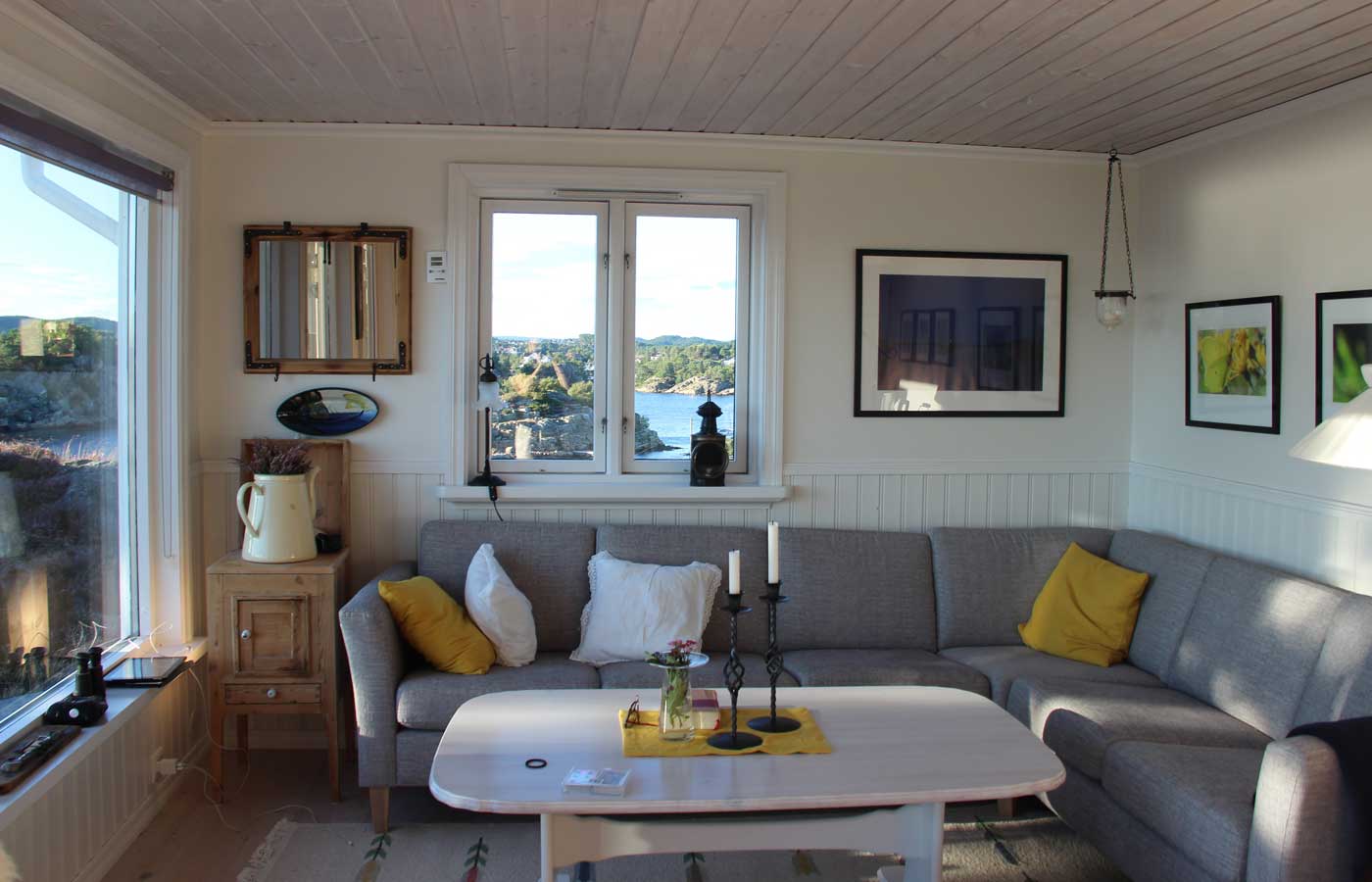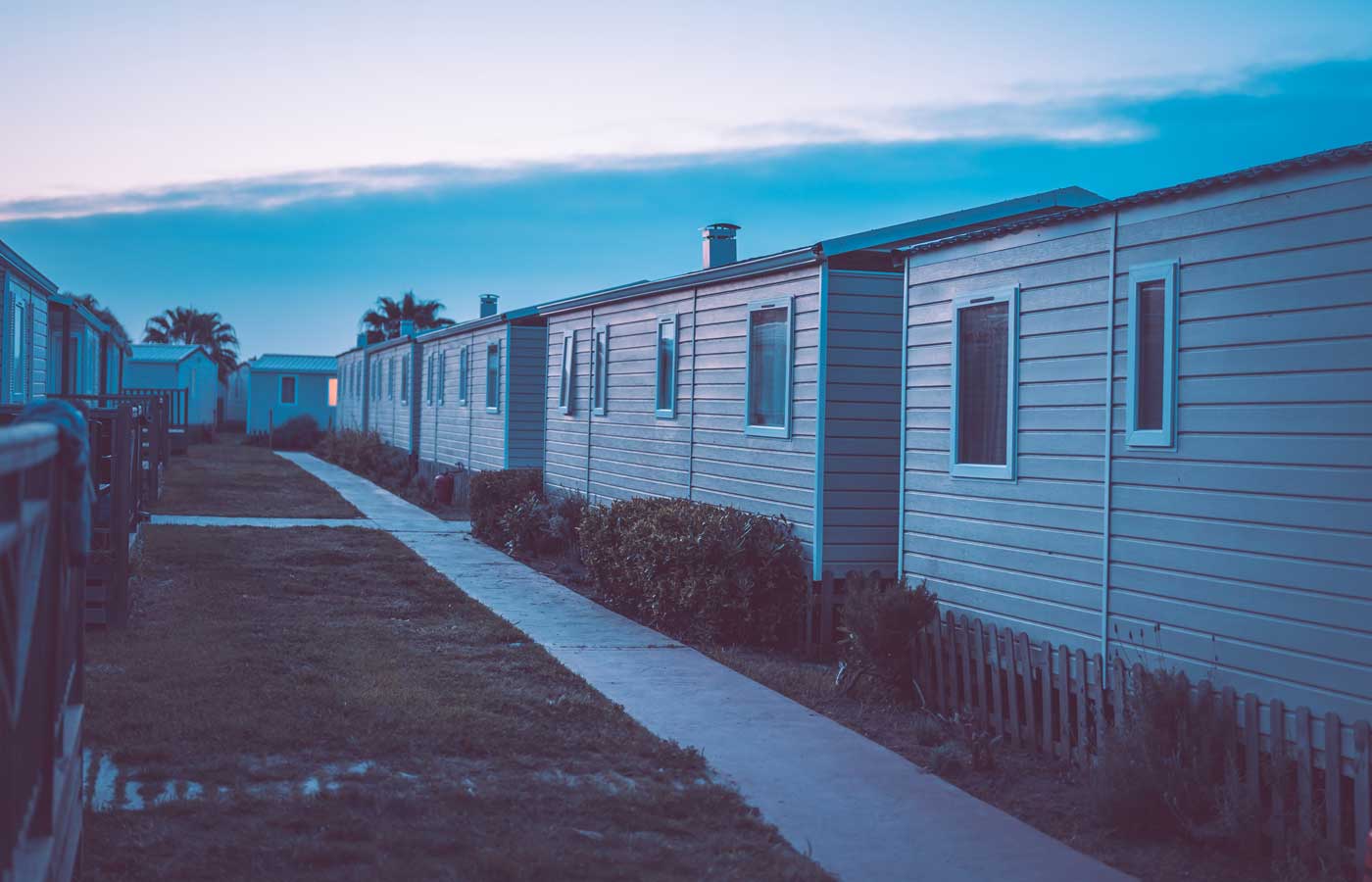As a growing number of people look for alternatives to traditional brick-and-mortar houses, there has been a surge of interest in park homes. Affordable, energy-efficient and integrated into friendly communities, park homes are an excellent option for people looking to downsize, reduce costs and limit maintenance work.
However, the process of purchasing a park home differs significantly from traditional properties. This can prove confusing to potential buyers. We created this comprehensive guide to buying a park home to demystify the topic and provide you with answers to all your most pressing questions.
Is a park home the right decision?
Some people love living in a park home, while others discover park life is not for them. It is markedly different from other housing solutions, and you need to be sure that you are making the right choice. After all, it is a significant financial commitment.
If you are reading this page, chances are you have had a good think about whether park life is right for you. There are plenty of reasons to swap traditional housing solutions for a park home. Residents choose park homes because they are cheaper, easier to maintain and allow them to move away from the city and into the countryside. Many simply prefer park homes.
Before you commit to buying a residential park home, we recommend you carefully consider what it is about park homes that appeals to you and whether that justifies the decision to move. Understanding your own motivations can help you establish whether you are making decisions for the right reasons.
Choosing a location
The first step in buying a park home is finding a location. Many buyers want to stay in their local area or already have a dream location in mind. This makes the decision relatively easy. For others, the idea of living in a park home comes first, and the precise location will need to be determined.
Once you have an idea of the general area in which you are looking, pull up a list of regional residential park sites. Then start trawling through them, making notes and highlighting those that immediately catch your eye.
As you work your way through the list, keep the following factors in mind:
- How many homes are on site?
- What site facilities are available?
- What is the local area like?
Once you draw up a shortlist, you need to visit the parks in person. Feel free to talk to current residents and ask them about their experiences. What is it like living on the site? How well is everything maintained? Do they get on with the park owner?

Selecting a park home
Having found the perfect site, it is time to choose your park home. There are two main ways of doing so – buying a new park home or purchasing an existing property. Let’s look at the former first.
If you want to buy a new park home, you need to talk to the park owner. Different parks have different rules about what kind of homes they allow, and you want to ensure that your ideal property is permitted in your chosen park.
Next, you need to look at manufacturers and find a company that creates the kind of home you want. This will involve discussions about the number of rooms, property features, sizing, colour, decor, furniture and pricing. Usually, the manufacturer takes care of other logistics, such as transportation and pitching.
When buying a pre-owned park home, you typically interact with the seller directly. Depending on the site, the park owner may receive a percentage of the sale price. But this is not always the case. In many respects, buying a pre-owned park home is similar to any other property purchase. Keep an eye out for signs of damage, wear and other potential problems. But recognise that the property is not new and has been lived in. In many cases, a touch of paint and little love and affection can transform a tired-looking home.
However, it is a good idea to enlist the assistance of a specialist solicitor with experience in park homes or property generally. We also recommend having a survey conducted. These two processes will ensure the purchase goes smoothly and that you are not met with any nasty surprises when you move in.

Buying a park home – pre-owned vs new
Whether you opt for a new or pre-owned park home is up to you and will be determined by your budget, personal preferences and circumstances. That said, there are a few things to consider when deciding.
Cost
Pre-owned park homes are often considerably cheaper than new homes. Some buyers are happy to spend more to get a completely new property, while others would rather save their money by moving into an existing home. For most people, cost is the single biggest factor in deciding whether to go new or pre-owned. That said, it is worth noting that new park homes are typically much less expensive than traditional housing. You can expect to buy a brand new park home for a very reasonable price.
Depreciation
As with most high-value goods, new park homes depreciate quickly. The moment you move into your home, the value drops. Park homes usually do not last as long as traditional brick-based houses. They have an average lifespan of around 70-80 years, while brick homes can last well over 100 years and may even reach 200 years old. This means pre-owned park homes will begin to depreciate rapidly as they near the end of their lifetime, too.
Speed
Moving into a pre-owned park house is normally much quicker than moving into a new home. This is due to the time it takes to design, build and move a new property. The only exception is when an existing owner requires a long moving-out period.
Post-purchase costs
Like any property, park homes have ongoing costs you must factor into your budget. You will still pay for energy bills and council tax, though park homes are usually included in the lowest band. Park homes are very energy efficient, so you can expect to pay much less than you would in traditional housing.
You will also usually pay a ground rent charge. This fee goes to the park owner and covers the cost of leasing the plot. Park owners can increase the ground rent. But they can only do so once a year and are required by law to give residents 28 days’ written notice. If you are concerned about this, talk to existing residents before you purchase and ask how regularly the ground rent has increased in the past.
Finally, include maintenance costs in your calculations, too. While the park owner should cover maintenance to the site itself (for things like roads, amenities and communal spaces), you need to keep your property in good shape if you want it to retain its value and remain comfortable for your entire occupancy. For this reason, specialist park home insurance is more often than not an excellent idea.

Site rules and regulations considerations
Regarding park rules and regulations, the most crucial consideration is whether you can live on the site all year round. It is not unheard of for buyers to complete a purchase and move into their new home only to find that they cannot live there throughout the year. As the park home will likely be your primary residence, this can cause significant problems.
After establishing the permitted residency period, you must also enquire about the park owner’s responsibilities. What is the owner required to do in terms of maintenance? Do they have any obligations to fulfil? The other side of the equation is resident responsibilities. Most parks need residents to keep their plots clean and tidy at a minimum. But there may also be rules about noise and how community space is used and shared. This can significantly impact how much you enjoy your new home, so make sure you are clear on the park rules.

What are your finance options?
If searching for financing for your new park home, you will need to look for specialist solutions. Traditional mortgages are a very specific type of financial product that is only available to those purchasing a brick-and-mortar home and the land on which the property sits. As a result, you will not receive a mortgage for a park home.
Thankfully, there are specialist park home property financiers who can help you with your purchase. The kind of financing you can apply for will depend on your lease agreement. The land park homes are built on is typically leased from the park owner, even though you own the home outright. If you get stuck with a poor leasing agreement, it could affect your ability to find financing.
Is there a difference between residential and holiday parks?
Yes. There are several critical distinctions. With a park home holiday park, you have no legal right to live full-time in the park. Local authorities give most holiday parks a ten or 11-month contract. This means the park is closed for one or two months every year. For some people who choose to live in holiday parks, this is not a problem. They just go on holiday for one month a year. But it is not ideal.
Some holiday parks do have 12-month licences. But this does not mean they are the same as residential parks. Holiday parks’ rules and regulations are updated every year. And you have very little influence over what happens when they change. This means that you could purchase a park home on a holiday park, live there for several years, pay your council tax, invest in the property and still wake up one morning to find the holiday park has been sold and the new owners are removing all the park homes. You have no legal protection and no right to remain in the park. It makes buying a park home in a holiday park a risky proposition.
Residential parks are governed by the Mobile Homes Act. This legislation introduced a raft of new protections for park home owner-occupiers. Always find out whether a site has a residential licence. Never take a park owner’s word that it is a residential park – check the documentation yourself. If in doubt, contact a qualified legal professional for assistance.

Is a park home warranty necessary?
If you are buying a new park home, it will probably come with a structural warranty. This protects you should anything go wrong during the warranty period. However, you cannot assume that the property comes with a warranty. Many do not.
Many manufacturers charge extra for long-term warranty guarantees. Others offer warranties that are only valid if the home is located in a specific residential park. As with all aspects of buying a park home, you must check the small print and seek legal advice if you are unsure how to proceed. With new park homes, you also benefit from 12 months of protection under the Sale of Goods Act.
Some park home sites are protected by warranties. If so, this warranty extends to the park homes on the site. This is good news if you are buying a pre-owned park home, as the warranty can be transferred to you as part of the purchase. In such instances, park homes are usually protected by a time-limited warranty – often around ten years from the date of construction. When transferring the warranty, you will be granted protection for whatever remains of that time.
Here at Park Insurance, we provide specialist insurance to a wide range of industries and customers, including people purchasing residential park homes. With more than 30 years of experience, we understand exactly what you need and how we can best protect your investment.
If you are searching for advice, information or comprehensive park home insurance policies, please contact one of our experienced and professional team members. They will be delighted to help you.
